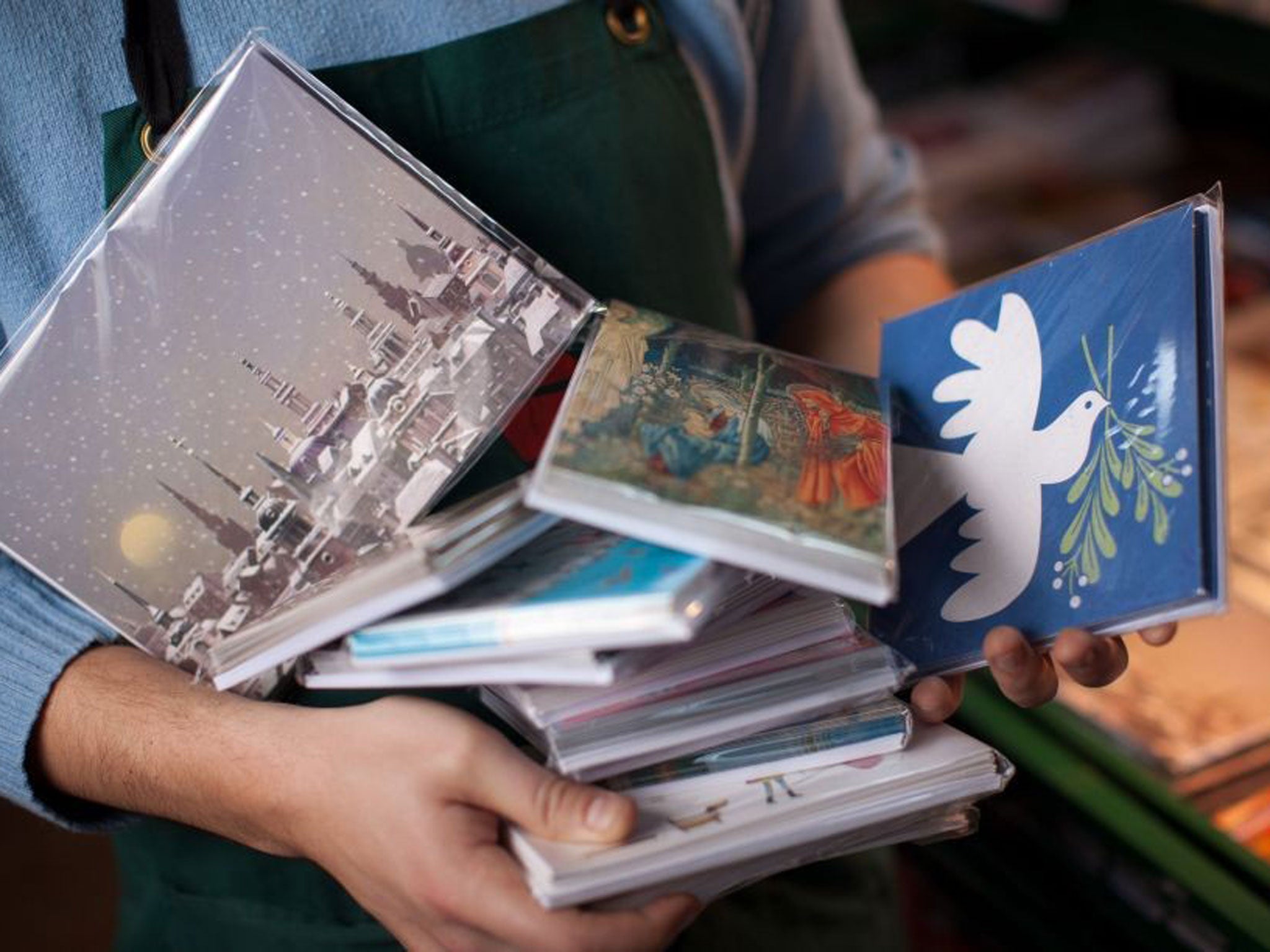Savvy Money: How to make sure your donations really go to charity
If you feel like helping a good cause this Christmas, choose your method carefully

Your support helps us to tell the story
From reproductive rights to climate change to Big Tech, The Independent is on the ground when the story is developing. Whether it's investigating the financials of Elon Musk's pro-Trump PAC or producing our latest documentary, 'The A Word', which shines a light on the American women fighting for reproductive rights, we know how important it is to parse out the facts from the messaging.
At such a critical moment in US history, we need reporters on the ground. Your donation allows us to keep sending journalists to speak to both sides of the story.
The Independent is trusted by Americans across the entire political spectrum. And unlike many other quality news outlets, we choose not to lock Americans out of our reporting and analysis with paywalls. We believe quality journalism should be available to everyone, paid for by those who can afford it.
Your support makes all the difference.Aah, Christmas. A time for giving. Or for giving all your money to various online and high-street retailers – depending on your view. After Black Friday and Cyber Monday you may feel the need for a – well – break from all that spending.
If you want to make sure that your Christmas spending benefits charities, what's the best way to do it and what are the choices? The good news is that you can donate to worthy causes in a number of ways. The not-so-good news is that in some cases you may actually be giving them very little of your money.
Charity Christmas cards
If you want to give to charity by buying Christmas cards, a good way is to buy direct from a charity-card seller. Cards for Good Causes will have around 300 "pop-up" shops during the pre-Christmas period and sells through its website cardsforcharity.co.uk. It passes on at least 70 per cent of the purchase price of the cards, minus the VAT on the part it keeps for itself.
Another organisation, the Combined Charities Christmas Shops, passes on the full purchase price to charities and makes money for itself by selling gifts alongside charity cards in its shops in the Manchester area. Its website (christmas-cards.org.uk) acts as a shop window for charities.
Supermarket charity cards
If you buy from a supermarket or department store, choose carefully because as little as 7 per cent of the price may go to charity. Asda only hands over 6.7 per cent of the purchase price of its charity cards (20p on a pack costing £3).
Other retailers are more generous. Sainsbury's gives 10 per cent of the purchase price, Waitrose/ John Lewis donate between 10 and 25 per cent, depending on the cards you buy. Next gives 15 per cent and Marks & Spencer donates 20 per cent. Unusually, Tesco gives a flat-rate donation of £275,000 to a diabetes charity, but couldn't tell me what this worked out at.
Charity gifts
Charities have become increasingly savvy at marketing Christmas gifts. Many let you help them by "purchasing" supplies or livestock, while charity shops and websites also sell more traditional items such as candles, jewellery and calendars.
Gift Aid
Should you decide to give money to charity rather than buying from them, make sure you "Gift Aid" your donations. If you're a taxpayer, charities can reclaim basic-rate tax on any donations you make, but you have to tick the Gift Aid box and give details of your name and address. If, for example, you donated £100, the charity could reclaim £25 via Gift Aid.
You can only donate via Gift Aid if you've paid as much tax in the year as the charities reclaim through Gift Aid. This can be income tax (paid on your salary or earnings or on savings) or capital gains tax.
If you pay tax at 40 per cent or above you can reclaim the extra tax (the difference between the rate you pay and the basic rate) through your self-assessment form or by asking HM Revenue and Customs to adjust your tax code.
Charity credit cards
A number of charities offer credit cards (mainly through Co-operative bank) which pay the charity a fee when you take them out. The charity typically gets £15 when you sign up and 25p for every £100 you spend on the card. They're not an efficient way of supporting a charity so I wouldn't rush to take one out.
Volunteering
You don't have to give money; you can donate your time if you prefer. Crisis, the charity for single, homeless people, has a well-established programme of using volunteers for its Christmas lunches, but other charities are keen to have extra help in their shops, on helplines or at their care centres.
Websites such as Do-it.org.uk or Timebank.org.uk are useful starting points.
How much is spent on admin?
If you want to know how much each charity actually spends on "charitable activities" and how much goes on fundraising, governance and administration, you can check the Charity Commission's website. Alternatively, look at aliveandgiving.com, which takes information from the commission and calculates the percentage that each good cause spends on its core charity activities.
Join our commenting forum
Join thought-provoking conversations, follow other Independent readers and see their replies
Comments